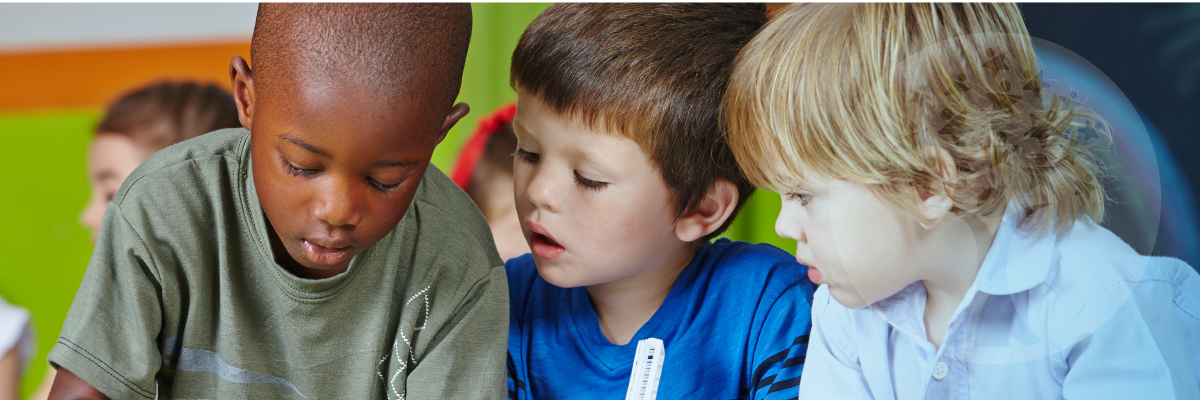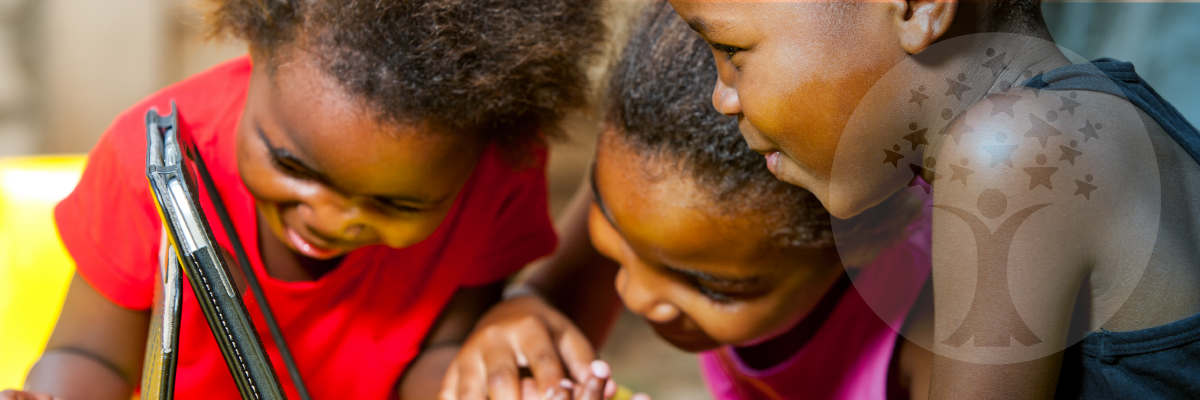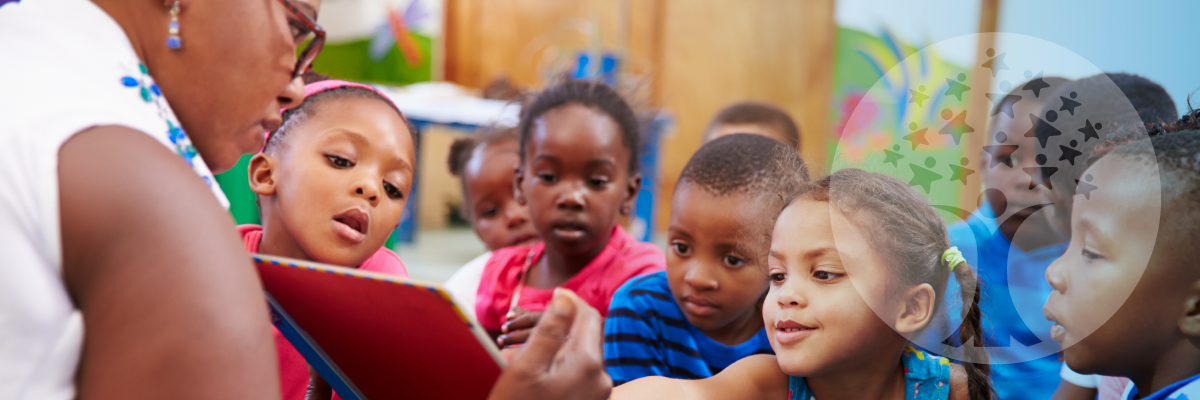



Starting preschool is an exciting milestone that marks the beginning of a new chapter in your child’s life. It’s a transition that can bring a mix of emotions for both parents and toddlers. To ensure that your child is well-prepared and feels confident about this change, it’s important to take proactive steps in the weeks and months leading up to their first day. Here’s a comprehensive guide to help you prepare your child for preschool.
Preparing your child for preschool should start before their first day by introducing the concept of preschool in a positive and engaging way. Explain what preschool is, emphasizing that it’s a fun place where they will make new friends, play, and learn new things. You can start introducing the concept of preschool by reading books with your child that show how much fun it will be to make new friends to play and learn with. Additionally, you can do is visit the school beforehand so your child can familiarize themselves with the environment which will make the first day feel less daunting.
Children thrive on routine and knowing what to expect. Establishing a consistent daily schedule at home can help your child adjust to the structure of preschool. Adjust their sleeping patterns so they are used to waking up for school in the mornings while still ensuring they get enough rest to enjoy and participate in their days at school.
Preschool requires a certain level of independence, so fostering these skills at home can help make the transition smoother for your child. Let your child start dressing themselves in the morning to learn some independence and to make simple choices. Create a bathroom schedule and show your child how to do basic hygiene on their own so they can thrive at the school when you aren’t there to help.
Preschool is a social environment where children need to interact with peers, share toys, and work together. Building these social skills before starting preschool can ease the transition and allow your child to build long lasting relationship with their school mates. Arrange playdates with other children (going to the same school if possible) so that your child will have someone they know before their first day as well as help you to create relationships with the other parents for an easier experience.
Establishing a good relationship with the preschool staff can help ensure that your child’s needs are met and that you are well-informed about the preschool’s routines and expectations. Take your children to open days and orientation sessions so you can meet their teachers and help your child feel safe at school. If the pre-school has a camera system that you can access, sign up to help put your mind at rest during the day.
Starting preschool can be an emotional experience for your child and supporting their emotional well-being is crucial in helping them adjust to this new environment. Do regular check ins with your child, make sure they know that their feelings are valid, and that they can come to you to talk about anything. Foster a positive opinion on school for your children to ensure the adaption to school is easier.
Separation from parents can be challenging for young children. Gradual separation can help your child become more comfortable with being apart from you by leaving your child with family or caregivers for periods of time can help them with the separation anxiety before school.
Instilling a positive attitude towards learning can help make preschool an enjoyable experience for your child. Encourage curiosity and a love for learning at home by introducing educational activities into your daily routine and doing them with your child to help build a positive attitude to work. Make sure to praise your child when the work is completed to build their confidence and positivity about preschool.
Every child adjusts to preschool at their own pace. Be patient and flexible as your child navigates this transition. Some children may adapt quickly, while others may need more time to adjust. Make sure you are following up on your child’s progress at school and that they are adjusting and thriving instead of struggling. Celebrate every milestone your child achieves at school, so they want to do more and achieve more for themselves in the future. Positive reinforcement can encourage them to continue adapting and growing.
Preparing your child for preschool involves a blend of early preparation, fostering independence, and supporting emotional well-being. By starting early, establishing routines, encouraging social skills, and communicating with the preschool staff, you
can help make this transition as smooth as possible. Remember, every child is unique, and with patience and support, your child will adjust to preschool and thrive in this new environment.
For additional guidance and tips, refer to the following resources:
By following these expert tips and resources, you’ll be well-equipped to support your child through this exciting transition, setting the stage for a positive and successful preschool experience.